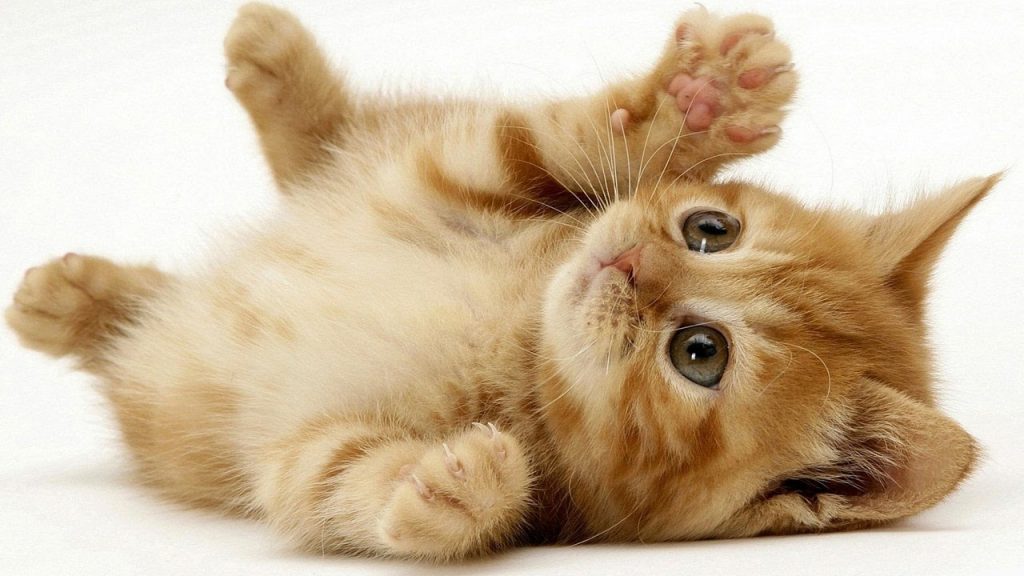🐱 When a Cat Rubs Against You — What It Means
When a cat rubs against you — whether it’s with its head, body, or tail — it’s doing much more than just being cute. This behavior is actually full of meaning, and it comes from their instincts, communication habits, and emotional state.

✅ Reasons Why a Cat Rubs Against You:
- Marking You as “Theirs” (Scent Marking):
Cats have scent glands on their cheeks, forehead, sides, and base of the tail. When they rub against you, they’re leaving their scent on your body. It’s their way of claiming you as part of their territory or social group.“You smell like home now.”
- Affection and Trust:
Rubbing is a sign of affection and comfort. Cats don’t rub on things or people they distrust. If your cat chooses to rub against you, it usually means it feels safe and bonded with you. - Greeting Ritual:
In cat behavior, rubbing is like a friendly handshake or hug. Especially when you come home, rubbing is their way of saying “Hi, I missed you!” - Getting Your Attention:
If a cat is hungry or wants something, it may rub against your legs or nudge your hand. It’s their polite (and effective) way of saying “Excuse me, human…”

❌ Why Sometimes Your Cat Doesn’t Want to Be Touched:
Cats are complex creatures with moods just like humans. There are several reasons why a cat might avoid physical contact, even from someone it trusts:
- Overstimulation:
Some cats get overwhelmed by too much petting. This is especially common in cats that are sensitive to touch or have strong boundaries. You might notice their tail twitching or ears pulling back — that’s a sign to stop. - Not in the Mood:
Cats are independent animals. Just like people, they have moments where they don’t want interaction, and that’s perfectly normal. Respecting their space is key to maintaining trust. - Pain or Discomfort:
If your cat suddenly doesn’t want to be touched, it could be due to an injury, joint pain, or internal illness. This is especially important if it avoids being touched in a specific area. - Fear or Trauma:
If your cat had a negative experience with touch (from a previous owner, vet visits, etc.), it might associate hands with stress. Building trust slowly over time can help with this. - Age or Health Changes:
Senior cats or those with conditions like arthritis may become less touch-tolerant because their bodies hurt more easily.
Even if a cat doesn’t want to be pet, it may still rub against you as a social or instinctive habit — kind of like saying hello and then walking away.